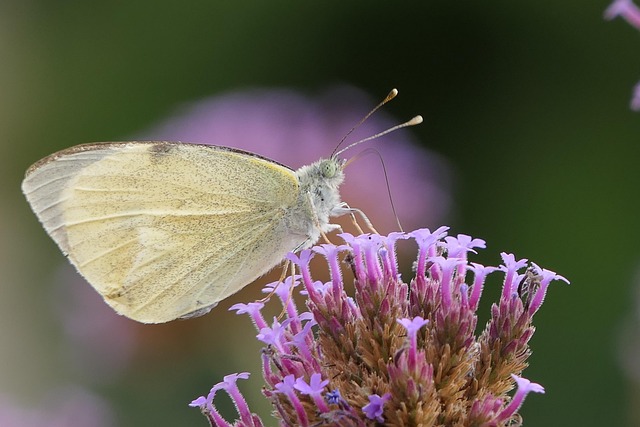
Exploring Effective Alternatives: Managing Pesticides in Your Garden During Leisure Time
As spring rolls in and the days grow longer, many of us find joy in gardening during our leisure time. The tactile satisfaction of digging in the soil, planting seeds, and watching our gardens flourish offers a unique form of relaxation. However, the prospect of managing pests can sometimes sap that joy. While pesticides can seem like an easy solution, they come with their own set of concerns, from impacting beneficial insects like bees to introducing chemicals into our soil. Fortunately, there are effective alternatives that allow us to maintain vibrant gardens while embracing the greener side of gardening.
One of the simplest yet effective alternative methods involves introducing beneficial insects into your garden ecosystem. Ladybugs and lacewings are natural predators of aphids and other harmful pests. By creating a welcoming environment for these beneficial buddies—through diverse plantings and avoiding harsh pesticides—you can reduce pest populations naturally.
Another leisure activity that can enhance your gardening experience is companion planting. This method involves growing certain plants together to deter pests naturally. For example, marigolds are renowned for repelling nematodes and other harmful insects. As you cultivate your garden, consider pairing plants strategically; not only will this help with pest control, but it can also lead to thriving flora and more vibrant blooms.
Implementing barriers such as row covers and nets can also be an effective strategy. These physical barriers protect your plants from pests while allowing you to enjoy your time in the garden without the worry of chemicals influencing the wildlife around you. Setting up these barriers can even be a fun project to engage in during your freetime, allowing for creativity and problem-solving.
Moreover, optimizing the health of your soil can create plants that are robust enough to withstand pests. Engaging in composting during your leisure hours can enrich your soil with natural nutrients, making it less hospitable for pests and more rewarding for your plants. The joy of nurturing your garden with compost is not only therapeutic but also fosters a cycle of sustainability.
Don’t forget to explore the world of homemade remedies. Recipes using everyday kitchen items, like garlic and chili sprays, can deter insects without harming the environment. This approach allows you to get creative while spending leisurely afternoons concocting natural solutions straight from your pantry. As you mix and match different ingredients, you’ll not only gain satisfaction from crafting but also take pride in being proactive in protecting your garden.
Finally, education is a powerful tool when it comes to managing pests naturally. Spending some of your free time reading gardening books or attending local workshops can equip you with essential knowledge about your plants and their specific needs, making it easier to address pest issues intuitively. This kind of investment in your gardening education can lead to a more successful and enjoyable gardening experience overall.
Incorporating these pesticide-free strategies into your gardening routine not only enhances the health of your plants but also allows you to deeply connect with nature during your leisure time. As you dig into these alternatives, you’ll find that your gardening endeavors can sustain the balance of life in your backyard while simultaneously providing you with a rewarding and fulfilling hobby.


